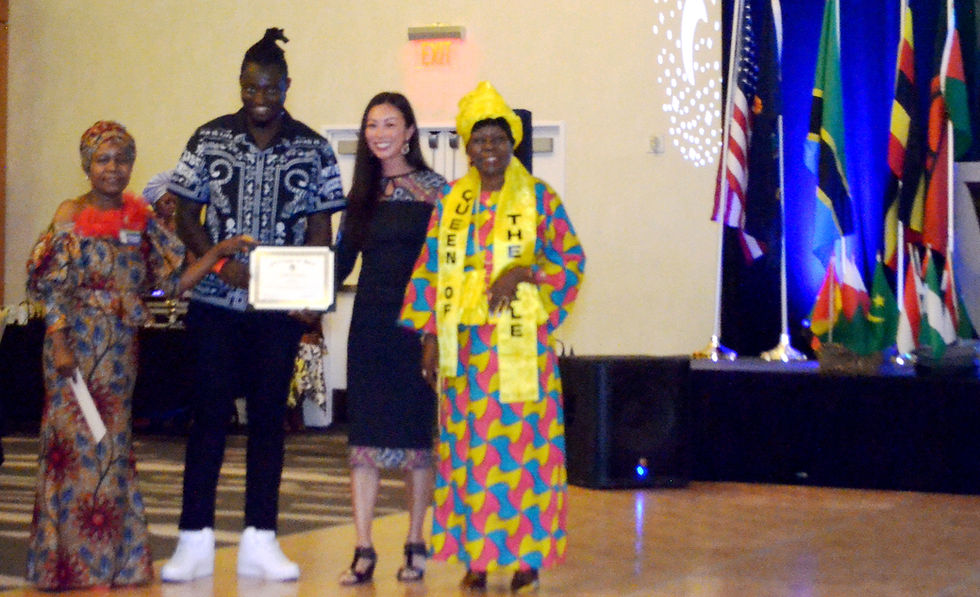WAU Members Attended Another United Nations Foundation's United to Beat Malaria Leadership Summit in Washington DC
- WAU

- Mar 21, 2025
- 2 min read
Updated: Mar 29, 2025


We were back on Capitol Hill all day this Tuesday, March 18, alongside many other Malaria Champions, scientists, researchers, NGOs .... together, on the last day of leadership summit hosted by United to Beat Malaria. Our group visited congressional offices of Kansas and Utah together with Malaria researchers from University of Utah, led by an official from UN Foundation's United to Beat Malaria Campaign. Our goal was to inform and remind Congressional leaders about Malaria, the devastation it creates for children and communities and why maintaining the appropriations funding levels is critical to maintaining and furthering the progress achieved through the years. Our ask to them was to support level funding for life-saving malaria programs as Congress considers appropriations for 2026 for the US President's Malaria Initiative (PMI) and the Global Fund. We thanked them for Bipartisan and multilateral support, with all other alliances, which has been key to the progress made. Recently six more countries including Georgia in Asia, Cabo Verde in West Africa and Egypt, have been certified malaria free by WHO. Each year billions of dollars are lost globally because of lost productivity in workforce and lost school days for children. It is estimated that for every $1 spent on Malaria intervention there is a $36 investment return in the form of health benefits.
Malaria is also a National security issue for the US because of service men and women who get deployed to areas that have malaria. The same for US Missionaries, diplomats and others who travel abroad.


We left behind a mosquito souvenir, held by staffer, center.
Two vaccines are now available in many countries in Africa and around the World. RTS,S/Asol vaccine was first introduced in Malawi, Kenya and Ghana in Africa.
Technology and innovation is playing a big role in progress towards the goal to eradicate Malaria. SC Johnson is providing treated nets and guards (repellents) in Rwanda to prevent mosquito bites. In Rwanda drones are being used to spray organic chemicals in mosquito breeding sites to kill the mosquitos.


The majority of the population that is affected by Malaria lives in Africa, particularly in Sub Saharan Africa. It therefore makes sense that Africans take an interest to be educated on what is happening about the disease and be part of the solution. So, we went to learn and to raise our voices for Africa, and other areas that still have malaria and to tell our personal stories about malaria.


April 25th is World Malaria Day







Comments